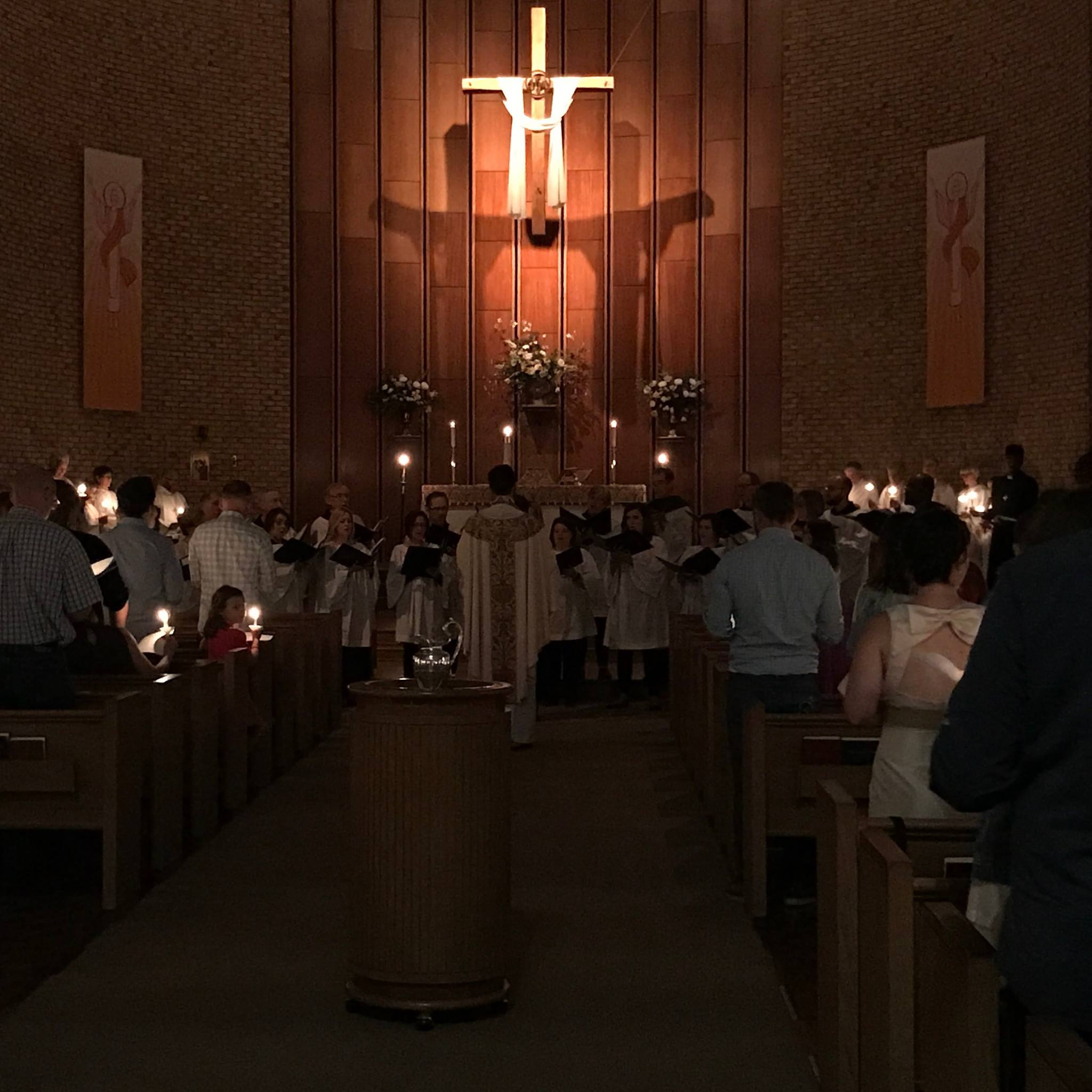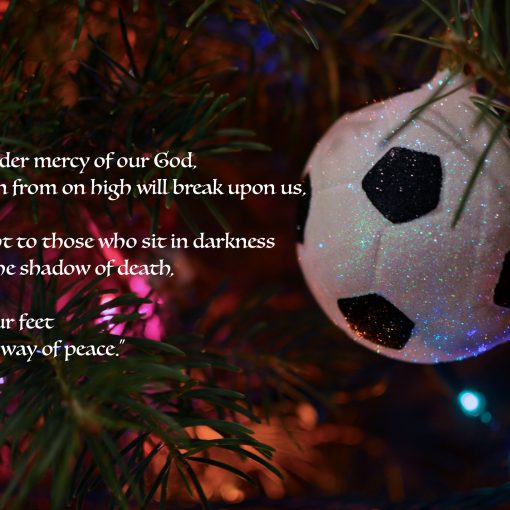This week at the International SBL meeting, three Qumran sessions were given over to commemorating the work of John Collins on Apocalypticism. In the first session Prof. Collins, in his summary of his work on apocalypticism, said something that made me go “hmmmm.” Now, I should say that I may be misremembering the precise quote, however I have asked colleagues who were also there and they confirm the sentiment is as I have presented it. So, what did he say? Collins suggested that the rise in such literature led people to worry less about the present, the care of their children, family, and this world, and instead turned their focus upon the future, a future that only God can determine and that required them to seek to become as much like the angels (?) as possible. In other words, the concern for the world to come led/leads one to neglect this world.

I came across this same sentiment six years ago when I was asked to speak about how conservative Christians in the US don’t care about environmental issues. I was told that it was because of their eschatology, that because they believed this world would end and be replaced they didn’t need to take care of it and, instead were free to exploit the earth to the fullest extent possible. While there may be some who take that view, I could find no one explicitly stating that in writing. Even the most conservative of preachers who did oppose environmental legislation did not seem to use such theology as their justification.
Today I find myself in a very different personal position, but my instincts and reactions are the same. While any teaching may have extremist devotees I do not think that a rejection of this world was the initial intent of Jewish and Christian apocalyptic and eschatological literature. All scholars certainly recognize that if nothing else, such literature is a means of helping and encouraging a people who find this current world hard, oppressive, and even outright evil. That is not, however, a rejection of this experience, rather it is intended to give it meaning. One can bear all things when there is promise and purpose.
Of course what caught my ear was Collins’ specific reference to the impact of apocalyptic beliefs on one’s relationship with family. In our “new normal” I read this in a different light now:
1Cor. 15:19-20 If for this life only we have hoped in Christ, we are of all people most to be pitied. But in fact Christ has been raised from the dead, the first fruits of those who have died.
The text remains the same, its meaning has not changed, but I receive its message with new power and promise. This has been my faith since I was young, but now it is my anchor, my assurance that I will see our son again. I am not naive enough to think or suggest that I have some new insight because of my personal experience. Rather my experience is now deeper and confirms what I had already supposed, that the promises of God’s justice, our resurrection, and the restoration of creation to God’s intended perfection is not just a criticism of the present. It is not to provide a refuge from reality, but places our experience within the fuller vision of reality. It is, among many other things, a way for remaining connected to our families, even who are not here. It is a call to us to preserve, care, and prepare ourselves and our families in this world (for the next).
The promises we find in these texts can thus be positive and affirming of our lives in this world, even as it assures us of the next. That does not mean that there are not those who will pervert it. After all, cursed is the land because of us. This literature, these assurances, are given to us to support, encourage, and provide us with the strength needed to continue to be productive, loving, and caring in this world. When we make contemplation of the future our constant consideration and obsession then we twist and abuse this good gift. I have listened to enough late night AM radio preachers to know how easy that is to happen and how popular it is among some. Still, that should not cause us to reject these texts out of hand, or forbid them for study (I should add, neither Collins nor anyone else was suggesting any such thing, either as devout or scholarly readers), but to seek to understand them properly and as, to the best of our ability, as intended.
1Cor. 15:51-57 Listen, I will tell you a mystery! We will not all die, but we will all be changed, in a moment, in the twinkling of an eye, at the last trumpet. For the trumpet will sound, and the dead will be raised imperishable, and we will be changed. For this perishable body must put on imperishability, and this mortal body must put on immortality. When this perishable body puts on imperishability, and this mortal body puts on immortality, then the saying that is written will be fulfilled:
“Death has been swallowed up in victory.” “Where, O death, is your victory?
Where, O death, is your sting?” The sting of death is sin, and the power of sin is the law. But thanks be to God, who gives us the victory through our Lord Jesus Christ.






2 thoughts on “Are eschatology and apocalypticism “healthy”?”